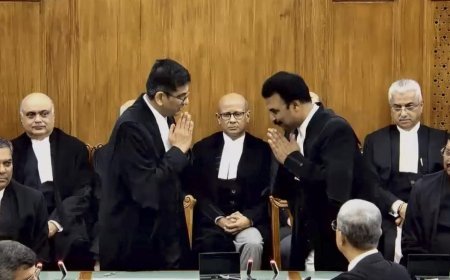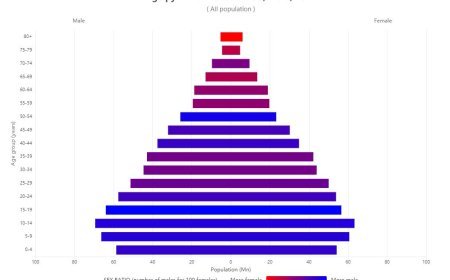Analysis of the The Hindu Editorial: "Wrongheaded Policy: On Karnataka Jobs-for-Locals Bill"

Analysis of the The Hindu Editorial: "Wrongheaded Policy: On Karnataka Jobs-for-Locals Bill"
Introduction
The editorial from The Hindu critiques the Karnataka State Employment of Local Candidates in Industries, Factories, and Other Establishments Bill, 2024. The bill, mandating reservations for local candidates in private sector jobs, has sparked significant controversy and debate.
Background and Key Provisions
The bill mandates that industries and other establishments appoint local candidates in 50% of management positions and 70% of non-management positions, with proficiency in Kannada as a criterion for defining local candidates. This approach mirrors similar laws enacted in Andhra Pradesh, Haryana, and Jharkhand, each facing varying legal outcomes. For instance, the Punjab and Haryana High Court quashed the Haryana Act, citing violations of the constitutional principles of equality and freedom under Articles 14 and 19.
Constitutional and Legal Concerns
The editorial highlights several constitutional concerns:
1. Article 14 and Article 19 Violations: The bill is seen as discriminatory, violating principles of equality and freedom of movement and residence.
2. Article 16(3): Allows for residence-based reservation only in public employment and only through laws made by Parliament, not state legislatures.
Socio-Economic Implications
The bill is driven by local resentment towards migrant workers, particularly in private sector jobs. Rather than protectionist measures, the editorial argues that Karnataka should focus on ensuring labor rights for all workers, both local and migrant, to create a level playing field and curb exploitative practices.
Political Motivation
The editorial suggests that the bill is motivated by political considerations, aiming to pander to nativist sentiments among the local electorate. This strategy, however, is described as self-defeating, potentially leading to economic inefficiencies and legal challenges.
Instances and Examples
- Andhra Pradesh: In 2019, Andhra Pradesh enacted a similar law requiring 75% reservation for locals in private sector jobs, now under judicial review for potential constitutional violations.
- Haryana: The Haryana government mandated 75% reservation for locals in private jobs in 2020, but the Punjab and Haryana High Court struck it down in 2023, stating it violated equality under Article 14.
- Jharkhand: Introduced a similar bill, but it remains unimplemented due to pending legal scrutiny and potential constitutional conflicts.
Potential Consequences
1. Economic Impact: The bill could deter investment and disrupt industrial operations, leading to economic losses.
2. Legal Challenges: Similar laws in other states have faced legal hurdles, and the Karnataka bill is likely to encounter the same.
3. Social Tensions: The bill could exacerbate tensions between local and migrant workers, leading to social unrest.
Conclusion
The editorial concludes that while addressing local unemployment is important, the approach taken by the Karnataka government is flawed. Policies should ensure fair treatment and opportunities for all workers, rather than adopting divisive and unconstitutional measures. This analysis underscores the need for balanced and inclusive labor policies that foster economic growth and social harmony without infringing on constitutional rights.
By examining other states' attempts to implement similar policies and their outcomes, it becomes clear that such protectionist measures are fraught with legal and practical challenges. Effective labor policy should focus on strengthening labor rights and creating equitable opportunities for all, rather than resorting to unconstitutional and divisive mandates.
What's Your Reaction?


































































































































